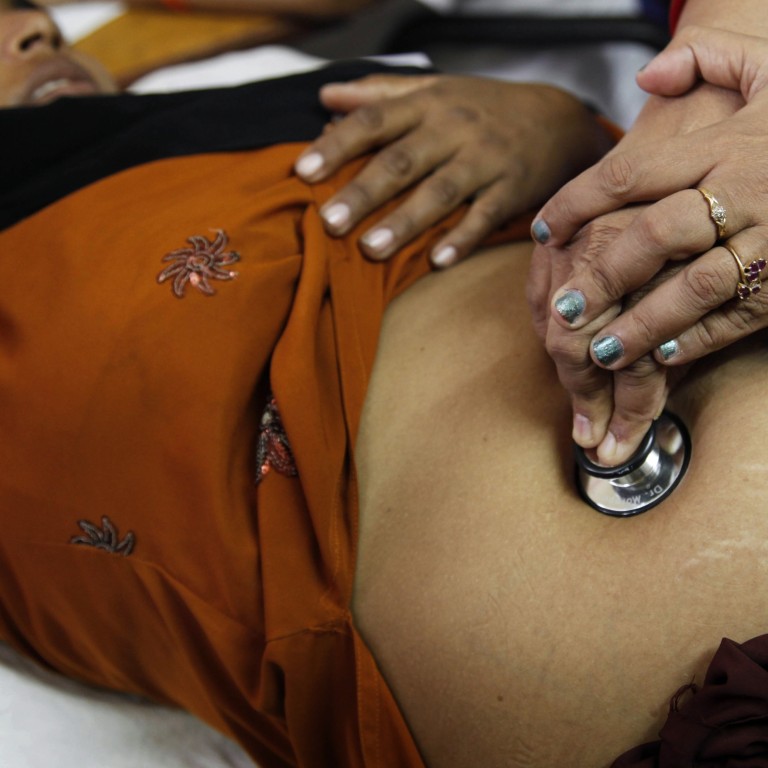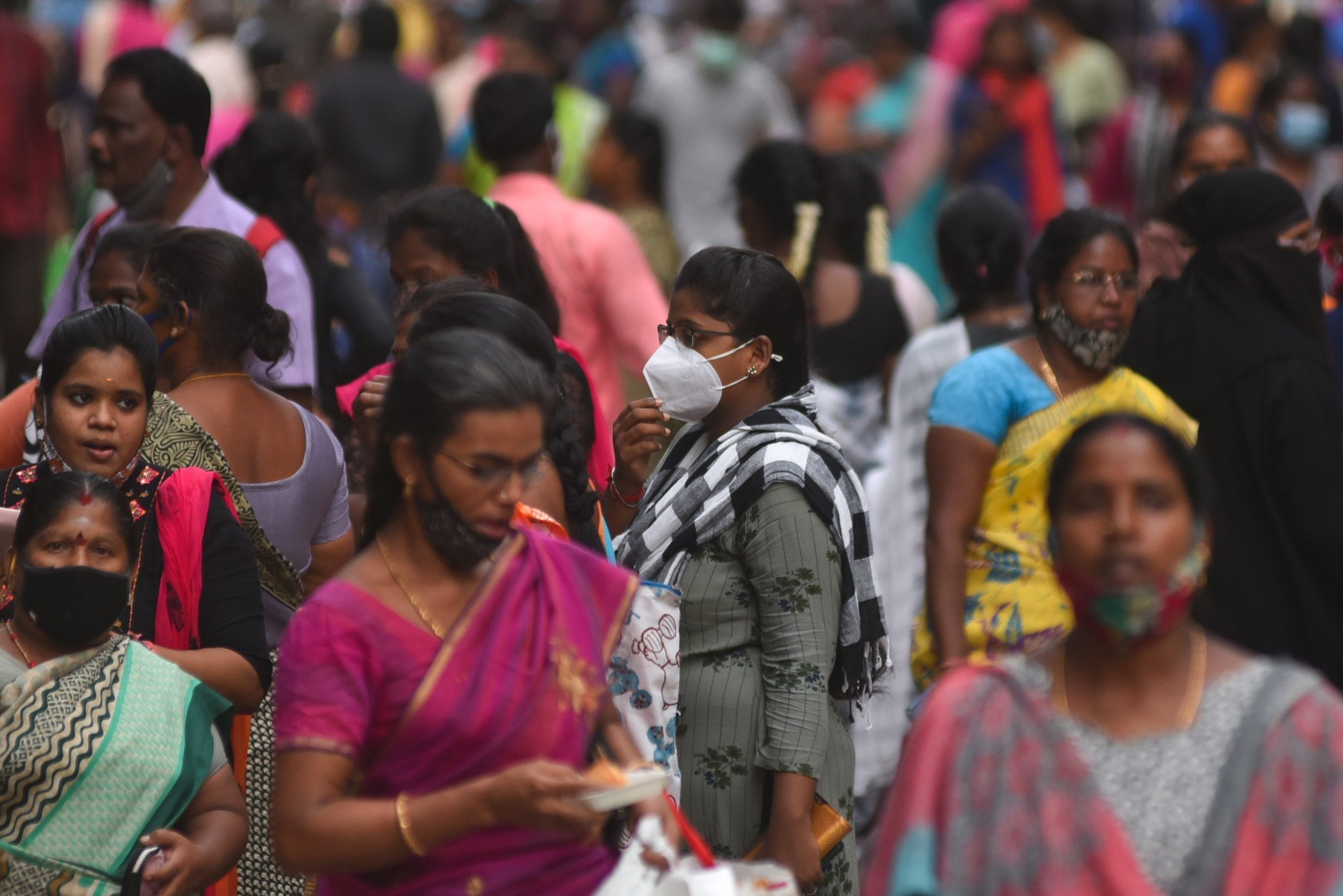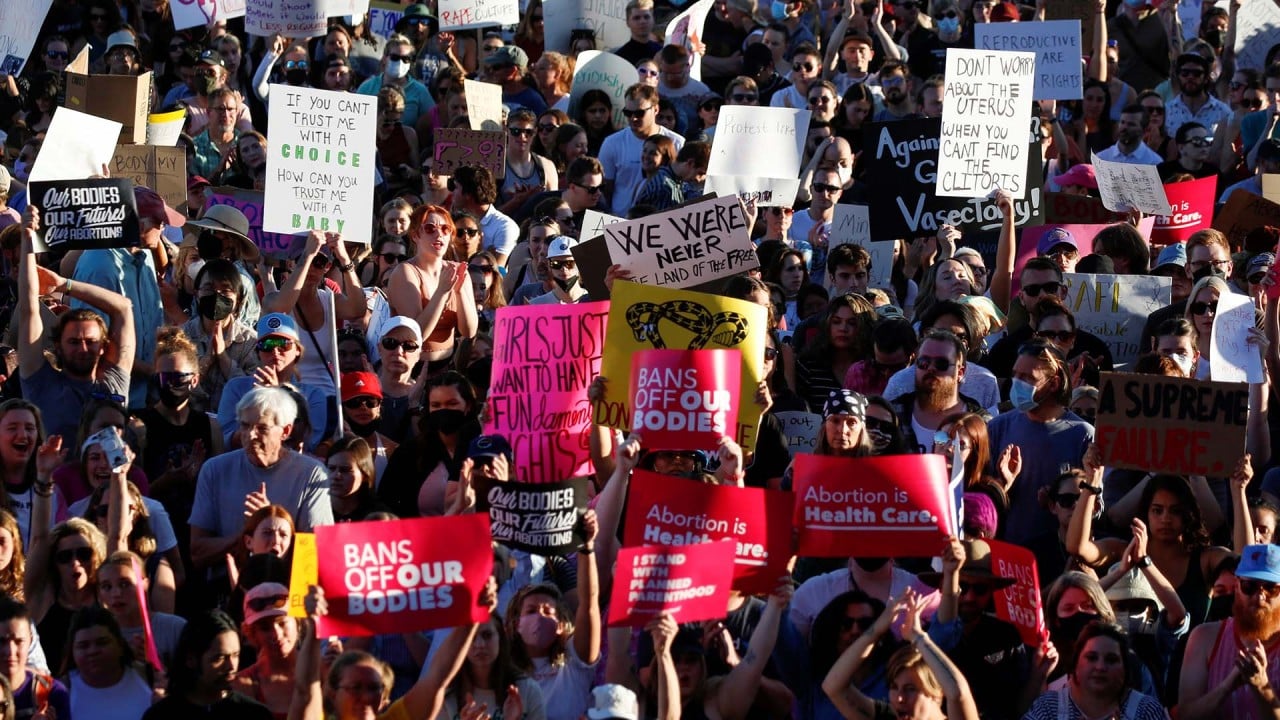
India Supreme Court’s ‘progressive’ abortion ruling offers glimmer of hope as other liberties are curtailed
- Unsafe abortions are the third leading cause of maternal mortality in India, the order stated
- The ruling stands in stark contrast to the US, where the Supreme Court in June overturned the landmark 1973 Roe vs Wade judgment
“The social stigma surrounding single women who are pregnant is even greater and they often lack support from their family or partner,” a bench of Justices DY Chandrachud, AS Bopanna and JB Pardiwala wrote.
“This leads to the proliferation of persons not qualified/certified to practice medicine. Such persons offer the possibility of a discreet abortion and many women may feel forced by their circumstances to engage the services of such persons instead of opting for a medically safe abortion.”
The judges also reaffirmed the provisions of a 2021 legal amendment that permitted women from seeking an abortion beyond 20 weeks of pregnancy, up to a period of 24 weeks.
In addition, the ruling appeared to give women a greater say in the decision, by noting that doctors should consider whether the “continuance of the pregnancy would pose grave danger to [the] pregnant woman’s mental health”.

Unsafe abortions are the third leading cause of maternal mortality in India, the order stated, resulting in the deaths of an average of eight women every day.
The fact that India legalised abortion in the country by passing the Medical Termination of Pregnancy Act in 1971, two years before the US, is also a noteworthy step.
The government at the time, led by the centre-left Congress party, described the legislation as a women’s emancipation measure, and not a device for population control. The Indian parliament empowered women with the right to a safe abortion, unlike in the US where the progressive gain had to be won through the judicial route.
Will US Roe v Wade saga affect Asia’s ‘progressive’ abortion laws?
While the Supreme Court has come in for praise for its ruling on abortion, India’s judiciary often does not have a uniformly progressive record.
Earlier this year, the Delhi High Court issued a split verdict on a petition seeking criminalisation of marital rape after one of the judges declined to declare it unconstitutional. India is one of 36 countries that do not recognise marital rape.
In 2017, the federal government had observed that acknowledging sexual assault within wedlock as rape would destabilise the institution of marriage.
The Supreme Court’s order on abortion, however, recognised marital rape as a crime. It noted that women who reported spousal rape were entitled to receive an abortion without having to prove sexual assault by lodging a police report or initiating legal proceedings.
The apex court also defined a woman as “including persons other than cis-gender women who may require access to safe medical termination of their pregnancies”. The interpretation includes trans women – those who are not born biologically female or those who do not conform to the gender identity of women even if they have the body of a female.
‘Cow is my mother’: India sees rise in cow-related lynching incidents
Momentous as the Supreme Court ruling may be, but medical experts say the ground reality faced by women seeking abortions, especially in public hospitals, appears to be different.
“On the ground, everyone has long had access to abortion if they can pay for it,” said Puneet Bedi, a gynaecologist at Apollo Hospitals in New Delhi.
Bedi, a long-time advocate against female foeticide, said it remains to be seen how much, if at all, the judgment would make abortion in government hospitals easier.
“It depends on the mood of the attending auxiliary nurse and midwife. The [court] order is a liberal reading of the Medical Termination of Pregnancy Act but how many doctors and nurses will read that order? How many people will, for that matter?”
Sohini C is a national award-winning film critic and award-winning independent journalist based in India. Her book on women, sports and citizenship was awarded the New India Foundation fellowship.


